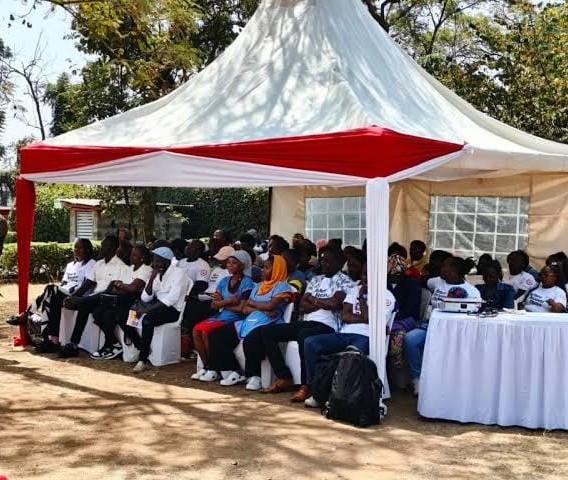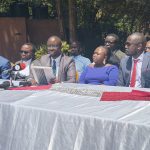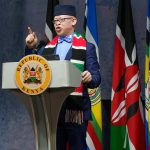By Peace Muthoka.
Survivors of human trafficking joined civil society, faith groups, and government officials on Friday, July 25, 2025 to mark the World Day Against Trafficking in Persons with a passionate call for stronger national support systems for returnees.
The event, hosted by the Centre for Domestic Training and Development (CDTD), brought together dozens of survivors who have returned home after facing exploitation in foreign countries. It aimed to recognize their resilience and push for better reintegration structures.
“This day is about giving back to returnees,” said Edith Murongo, CDTD founder and executive director. “They’ve been repatriated, completed contracts, or returned voluntarily. Now, we must ensure their reintegration is safe, dignified, and complete.”
She stressed that supporting returnees requires more than just goodwill. It demands coordinated efforts between government agencies, civil society organizations, survivor networks, and faith-based institutions.
“No single entity can provide all the services these individuals need,” Murongo said. “Only by working together can we offer meaningful, long-term support.”
A recurring concern raised at the event was the glaring information gap about safe labour migration. Murongo noted that while awareness exists in urban centres like Nairobi, many rural communities remain uninformed and vulnerable.
“Families in remote areas are still being deceived by brokers,” she warned. “Desperation and lack of information are a dangerous mix that traffickers continue to exploit.”
She urged the government to roll out a well-funded, nationwide awareness campaign that reaches parents, youth, and jobseekers in every corner of the country.
Equally troubling, returnees spoke of the lack of support from Kenyan embassies abroad—especially in the Gulf, where many workers endure abuse.
“Kenya has just one labour attaché in Saudi Arabia, a country larger than East Africa combined,” Murongo noted. “That’s simply not enough. Our people are suffering, and the few officers are overwhelmed.”
She called for urgent expansion of consular staff and faster response to distress calls from citizens abroad.
At the same time, speakers demanded a stronger national commitment to ending trafficking and protecting returnees. Their proposals included better laws, inter-agency coordination, and survivor-centered policies.
“This isn’t just a day on the calendar,” Murongo noted “It’s a call for urgent, united action. Every Kenyan deserves to seek work abroad with safety, support, and dignity.”
Though the international commemoration is set for July 30, CDTD held its event earlier to allow more survivors and partners to attend.










